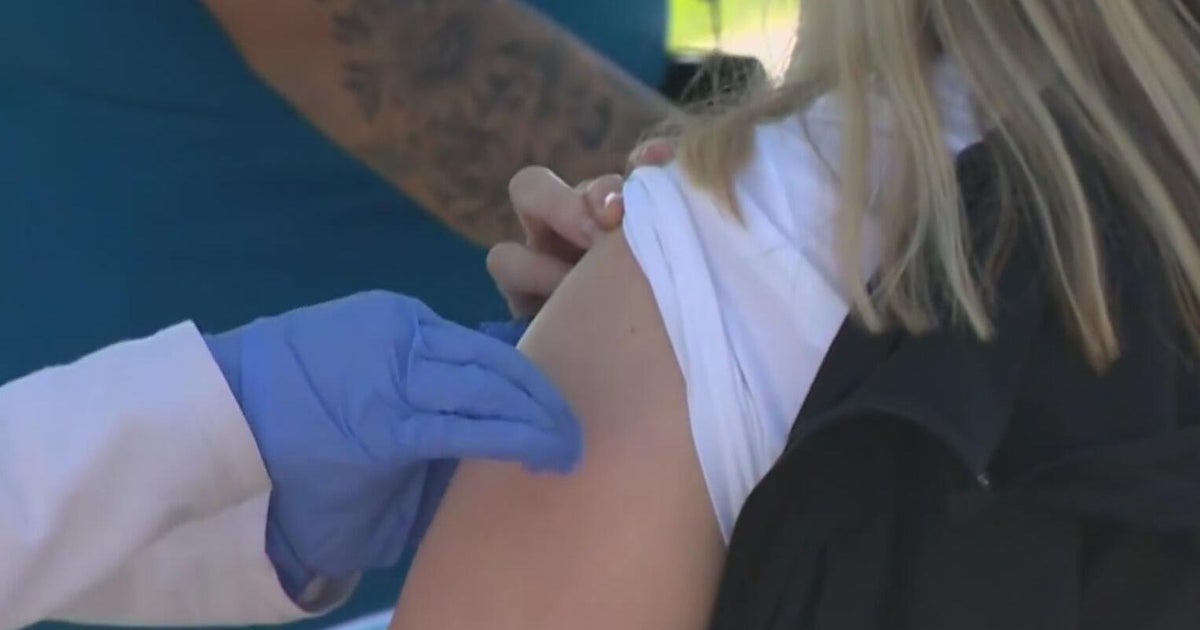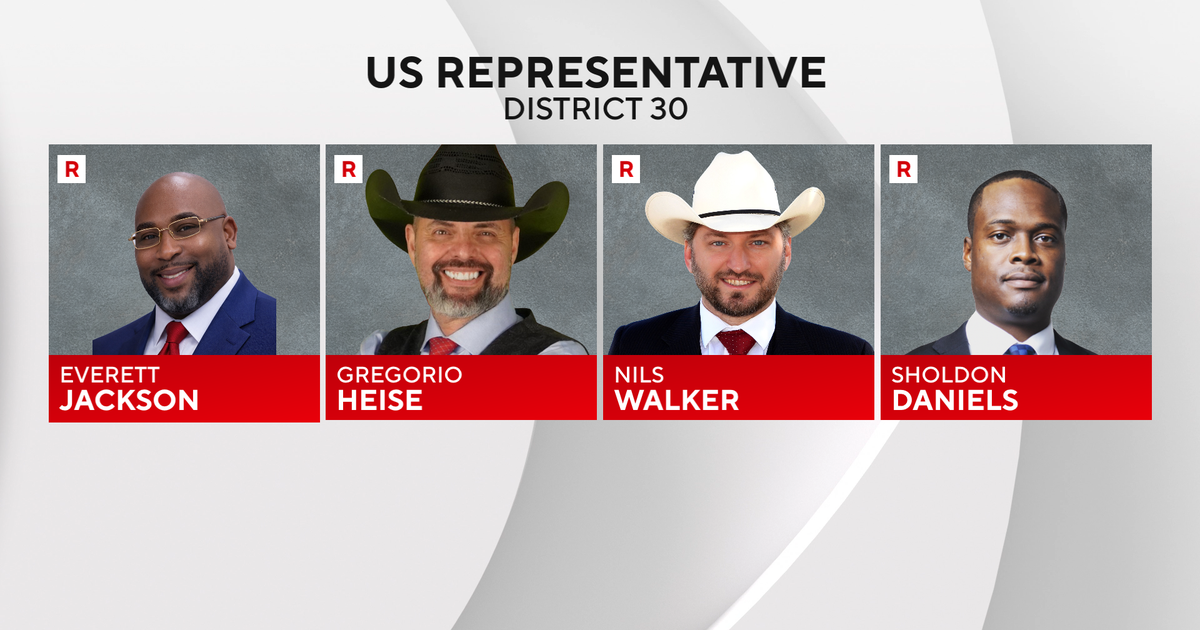Senate GOP outlines next coronavirus relief bill as deadline for enhanced unemployment benefits nears
Washington — Senate Republicans on Monday outlined their fourth phase of federal coronavirus response efforts, rolling out their legislative package as enhanced unemployment benefits are beginning to expire for millions of Americans who are out of work due to the coronavirus pandemic.
The proposal is the culmination of talks between the White House and Senate Republicans and represents the opening bid in negotiations with congressional Democrats, who passed a $3 trillion measure in May. The bill text has yet to be released.
The proposal from Senate Republicans, estimated to cost around $1 trillion, includes another round of $1,200 direct payments to Americans, with additional support for families with adult dependents and assistance to jobless Americans, though Republicans have rejected extending the $600 enhanced unemployment benefits that expire for roughly 30 million Americans this weekend.
States would have until October to adjust unemployment benefits to roughly 70% of income, including state unemployment insurance. Until then, the federal government would provide $200 per unemployed person. The bill also provides $70 billion for K-12 schools and $30 billion for colleges.
The proposal has yet to be negotiated with Democrats.
"We're gonna work very hard together over the next couple of days," White House chief of staff Mark Meadows told reporters Monday after meeting with House Speaker Nancy Pelosi and Senate Minority Leader Chuck Schumer. "Certainly, we'll be back tomorrow and further discussion on both sides of the Capitol."
Senate Majority Leader Mitch McConnell said the bill is called the HEALS Act, for health, economic assistance, liability protection and schools, and is a "tailored and targeted draft that will cut right to the heart of the three distinct crises facing our country:" children, jobs and health care.
McConnell urged his Democratic colleagues to come to the table for negotiations, saying he hopes the GOP's proposal "will occasion a real response, not partisan cheap shots." But the plan is already facing opposition from Senate Democrats, with Schumer calling it "totally inadequate" and a "half-hearted, half-baked legislative proposal."
The measure also includes tax credits for small business and restaurants and offers liability protections for businesses and other institutions, as well as more aid for small businesses through the Paycheck Protection Program and for coronavirus testing and treatment.
The proposal also includes money for an item unrelated to the pandemic, a new FBI building, which McConnell called a Trump administration demand.
"In regard to that proposal obviously we had to have an agreement with the administration in order to get started and they'll have to answer the question on why they insisted on that provision. You'll have to ask them why they insisted that be included," McConnell said.
White House spokesman Judd Deere offered a statement.
"As President Trump has said, the FBI desperately needs a new building and this measure provides critical funding for this project that would keep the building responsibly near the Department of Justice," Deere said.
Democrats immediately derided the proposal as an attempt to keep the FBI from moving its headquarters from its current location, across from the Trump International Hotel. "They managed to have enough money for $2 billion dollars for the FBI headquarters that benefits Trump hotel, and they say they have no money for food assistance. What the heck is going on," Senate Minority Leader Charles Schumer said.
Senate Republicans are fractured over the relief proposal, with some of the body's more conservative members taking issue with its $1 trillion price tag.
On "Face the Nation" on Sunday, Republican Senator Ted Cruz of Texas said he is not on board with the next legislative package and believes the focus should be on an economic recovery plan that offers a payroll tax cut and eases taxes and regulations on small businesses.
While Mr. Trump championed a payroll tax cut, Treasury Secretary Steve Mnuchin said last week it is not among the provisions in the package.
Both Meadows and Mnuchin suggested during separate interviews Sunday that Congress may have to pass a narrow, more targeted bill aimed at providing protections for unemployed Americans first and negotiate a more comprehensive measure in the coming weeks.
But Pelosi has rejected taking a piecemeal approach. The extension of enhanced unemployment benefits is likely to be a sticking point in negotiations, as well as federal aid to local and state governments, which Democrats have allocated billions for.



